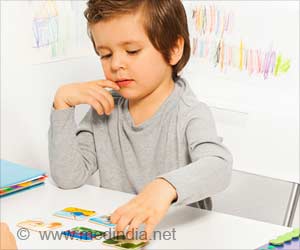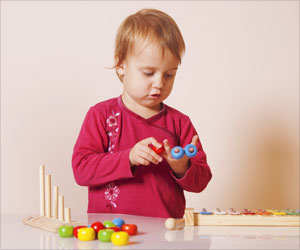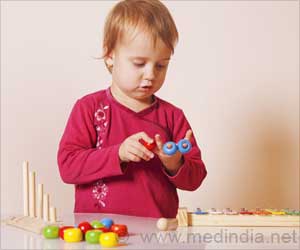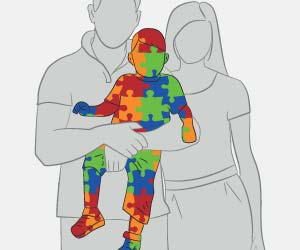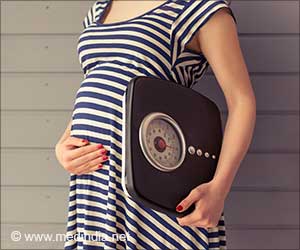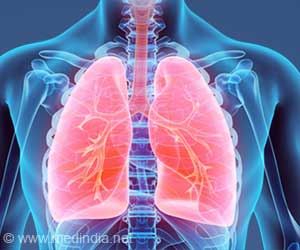Autistic individuals should also receive equal access to healthcare and support in their choices in their personal lives, to enjoy fulfilling lives and good mental health.
- Autistic adults and adolescents are 8 times more likely to identify themselves as asexual and ‘other’ sexuality
- Autistic males are 3.5 times more likely to identify themselves as bisexual than non-autistic males
- Autistic females are 3 times more likely to identify themselves as homosexual than autistic females
In recent years, small studies have suggested that autistic individuals are more likely to experience a wider diversity of sexual orientations and are less likely to have sexually transmitted infections (STIs). However, the existing evidence has been limited in size and scope.
In the largest study to date on these topics, the team at the Autism Research Centre used an anonymous, self-report survey to study the sexual activity, sexual orientation, and sexual health of autistic adults.
Overall, 1,183 autistic and 1,203 non-autistic adolescents and adults (aged 16-90 years) provided information about their sexual activity, sexual orientation, and medical history of STIs.
The results showed that the majority of autistic adults (70% of autistic males and 76% of autistic females) engage in sexual activity—although they do so to a lesser degree than their non-autistic peers (89% of both non-autistic males and females report engaging in sexual activity).
In contrast to previous findings, the results also found that there were no differences in likelihood of ever contracting an STI, or the age at which participants first engaged in sexual activity, between autistic and non-autistic individuals.
In addition, the study found that autistic adults and adolescents are approximately eight times more likely to identify as asexual and ‘other’ sexuality than their non-autistic peers. And there were sex differences in sexual orientation: autistic males are 3.5 times more likely to identify as bisexual than non-autistic males, whereas autistic females are three times more likely to identify as homosexual than autistic females.
When comparing autistic females and males directly, autistic females were more likely to be sexually active; more likely to identify as asexual, bisexual, and ‘other’ sexuality; and were less likely to identify as heterosexual.
Elizabeth Weir, a PhD candidate at the Autism Research Centre in Cambridge, and the lead researcher of the study, said:
“Understanding the intersectional identities of autistic individuals who are asexual, bisexual, homosexual, or ‘other’ sexuality is key. It is particularly important that healthcare providers and educators use language that is affirming and accepting of all sexual orientations and gender identities when providing sexual education and sexual health screening checks to autistic and non-autistic people alike.”
Dr Carrie Allison, Director of Strategy at the Autism Research Centre and a member of the team, said: “We must ensure that autistic individuals are receiving equal access to healthcare and support in their choices in their personal lives, to enjoy fulfilling lives and good mental health.”
Professor Simon Baron-Cohen, Director of the Autism Research Centre and a member of the team, said: “This new study is an important example of applied health research with policy relevance for health and social care services.”
Source-Eurekalert


